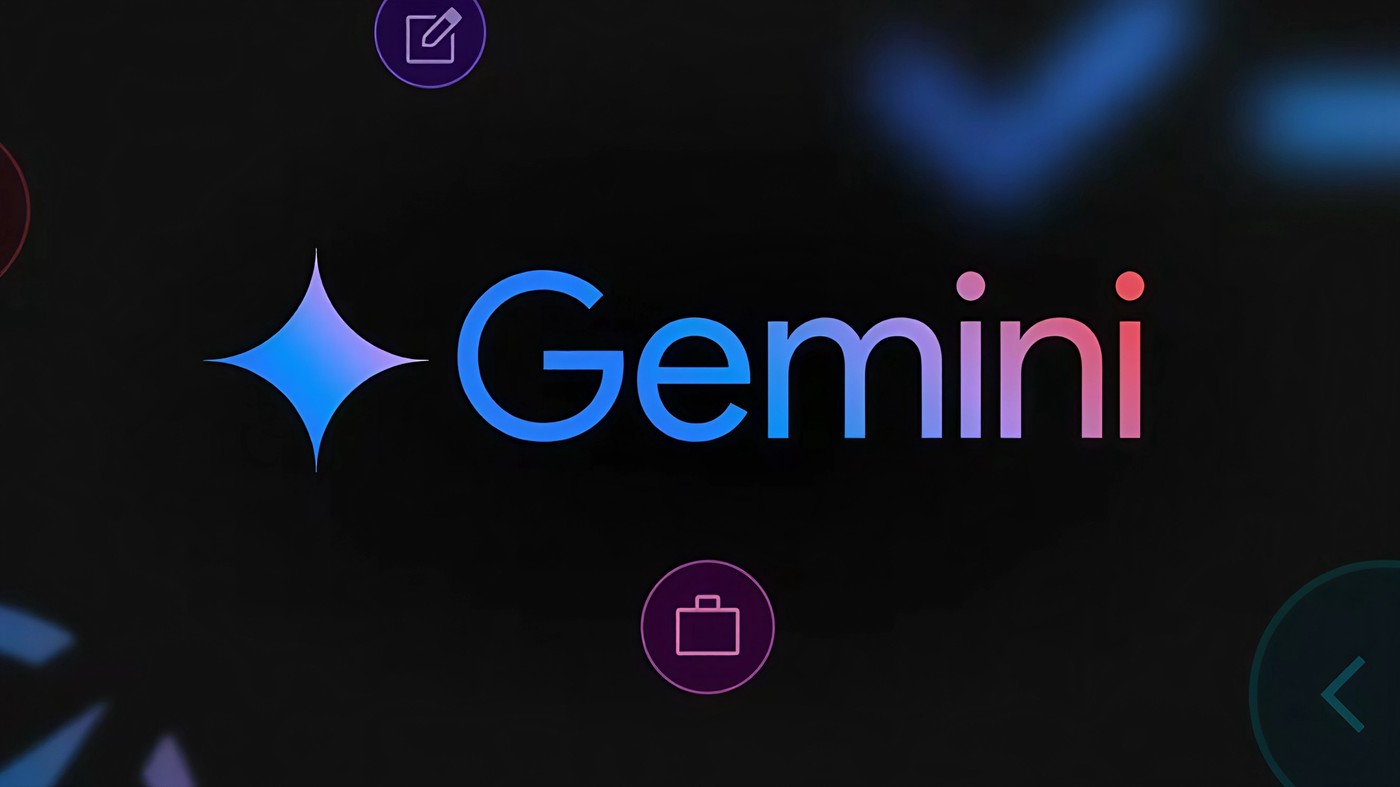Google has announced a major upgrade to its Gemini AI platform by expanding the Deep Research feature. The tool, previously limited to web-based analysis, can now connect directly to Google Workspace platforms such as Drive, Gmail, and Chat. This means users can now analyze personal or work-related data stored within their own Google ecosystem.
The Mountain View-based company shared the announcement through an official blog post, emphasizing how this integration will make Gemini a more powerful research assistant. From analyzing documents and spreadsheets to compiling insights from emails and chats, Deep Research now brings a unified intelligence layer across Google’s suite of productivity apps.
Now, Gemini’s Deep Research can pull in info from @Gmail, @GoogleDrive, and Chat when you connect your @GoogleWorkspace account to give you more context-aware reports.
— Google Gemini App (@GeminiApp) November 6, 2025
To try it, just select “Deep Research” in Gemini on desktop and choose your sources. Coming to mobile soon.
Deep Research Gets Workspace Integration
Deep Research was initially designed to function as an intelligent assistant capable of generating reports and summaries from the web. With this new update, the feature has become more agentic — capable of using multiple internal data sources to form comprehensive insights.
Users can now link Deep Research with Google Drive, which includes Docs, Sheets, Slides, and PDFs, along with Gmail and Google Chat. The feature allows Gemini to draw from multiple information pools to create contextually rich summaries and analytical reports. For example, users can instruct Gemini to pull relevant project notes from Drive, match them with related email threads in Gmail, and analyze team discussions from Chat.
In Google’s words, the goal is to make Deep Research a “personal research partner” that combines intelligence from both the web and private data sources.
How to Use the New Feature
Accessing the upgraded Deep Research tool is simple. Users can visit the Gemini website and navigate to the Tools menu, where they will find the Deep Research option. Inside, a new section titled Sources lets users select where Gemini should gather data from — Search, Drive, Gmail, and Chat.
Choosing Search limits the tool to public web data, while selecting Workspace sources such as Drive or Gmail allows Gemini to process private files and emails. This flexibility gives users more control over how and where their data is used, ensuring both personalization and privacy.
Google has also confirmed that this functionality will soon extend to mobile apps, allowing users to perform complex research and data analysis directly from their smartphones.
Real-World Use Cases
Google’s blog post illustrated how the feature could streamline work and research for professionals and students alike. For instance, marketing teams can instruct Gemini to analyze brainstorming documents, email discussions, and project plans stored in Drive and Gmail to automatically generate a detailed market analysis report.
Students can use it to summarize course notes stored in Docs, cross-reference them with data from the web, and even organize findings into presentations within Slides. Scientists, researchers, and writers could leverage the tool to generate thesis outlines or literature reviews based on internal and external data sources.
By combining Gemini’s intelligence with Workspace’s vast data ecosystem, Google has positioned the tool as an all-in-one assistant for both personal and enterprise use.
A Free Upgrade for All Users
In a surprising move, Google has made the Deep Research integration free for all users. This means that even those without a Gemini Advanced subscription can access the expanded capabilities.
By offering these features at no cost, Google is aiming to attract a wider user base and increase daily engagement across its Workspace apps. The move also places Gemini in a stronger position against AI competitors like ChatGPT and Copilot, which often restrict such integrations to paid plans.
The free availability of Deep Research reinforces Google’s strategy of embedding Gemini deeply across its ecosystem, making it the centerpiece of its AI-driven productivity vision.
Google’s Push Toward Seamless AI Integration
This latest update marks another step in Google’s mission to integrate Gemini into every aspect of its product lineup. From Gmail’s Smart Compose and Docs’ Help Me Write to Meet’s automatic summaries, the company is steadily weaving AI into the daily workflows of millions of users.
Deep Research’s expansion demonstrates Google’s broader ambition — to build a generative AI system that works naturally across apps, reducing friction between tools and enhancing productivity. By leveraging user data securely and intelligently, Gemini aims to become the ultimate collaborative assistant for individuals and teams.
Follow Tech Moves on Instagram and Tech Moves on Facebook for the latest updates on artificial intelligence, app integrations, and cutting-edge tech developments.














